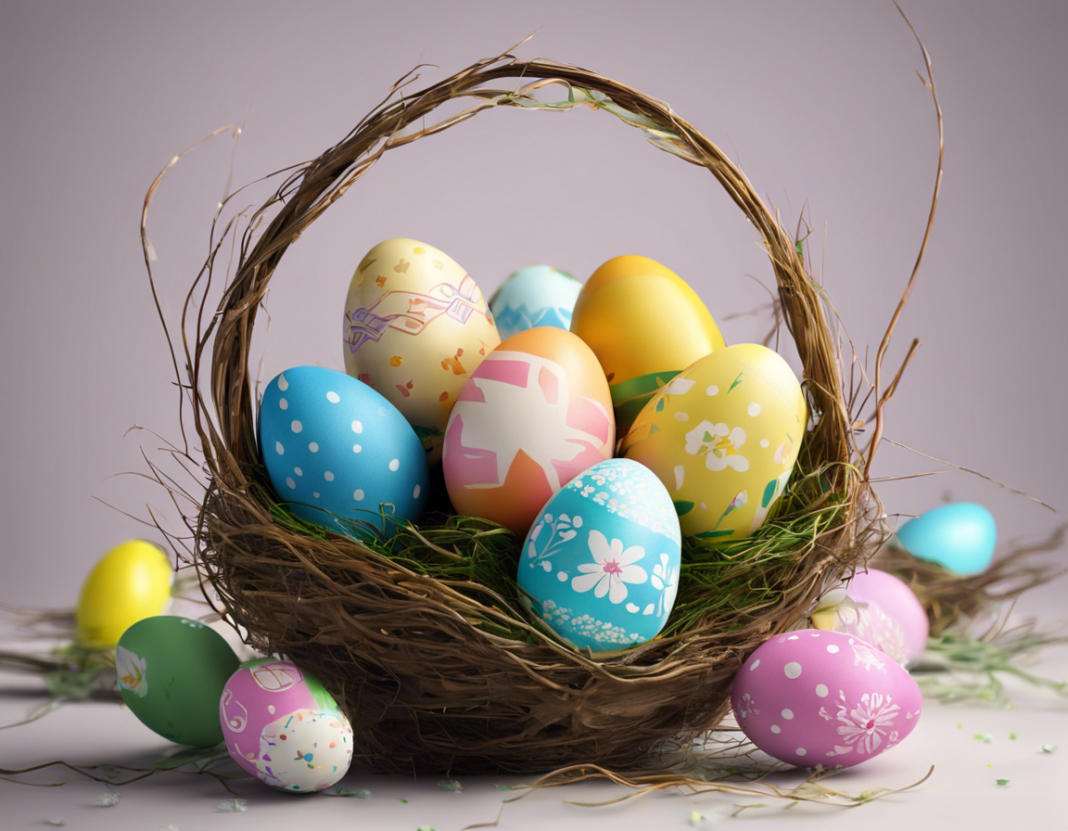As we approach Easter 2023, it’s a time to reflect on the significance of this important holiday and the traditions that come with it. Easter is a Christian holiday that celebrates the resurrection of Jesus Christ from the dead. It is considered the most important and oldest festival of the Christian Church. Easter is a time of joy, renewal, and new beginnings, symbolized by the changing season from winter to spring. In this blog post, we will explore the meaning behind Easter, its traditions, and how people celebrate this special day around the world.
The Meaning of Easter
Easter is a time of celebration for Christians around the world. It is a time to commemorate the crucifixion and resurrection of Jesus Christ, a central event in the Christian faith. According to the New Testament of the Bible, Jesus was crucified on Good Friday and rose from the dead on Easter Sunday, three days later. This event is seen as a triumph over sin and death, and it is believed to offer the promise of salvation and eternal life to those who believe.
The resurrection of Jesus is seen as a symbol of hope, renewal, and redemption. It is a time for Christians to reflect on the sacrifice that Jesus made for humanity and to rejoice in the victory of life over death.
Easter Traditions
Easter Eggs
One of the most popular traditions associated with Easter is the Easter egg. Eggs are often used as a symbol of new life and rebirth, which is fitting for a holiday that celebrates the resurrection of Jesus. The practice of decorating eggs dates back to ancient times and is found in many different cultures around the world. Today, Easter eggs are often dyed or painted in bright colors and hidden for children to find in Easter egg hunts.
Easter Bunny
The Easter Bunny is another iconic symbol of Easter. This tradition is believed to have originated in Germany, where children would make nests for the Easter Bunny to lay its eggs. Over time, the Easter Bunny has become a popular figure associated with the holiday, often depicted as a cute rabbit delivering chocolate eggs and treats to children.
Easter Sunday
Easter Sunday is the culmination of the Easter celebration. It is a day of joy and feasting for many Christians, who attend church services to commemorate the resurrection of Jesus. It is also a time for families to come together and enjoy a special meal, often featuring lamb or ham as the main dish. In some cultures, there are additional traditions such as special Easter breads or cakes that are baked and shared with loved ones.
How Easter is Celebrated Around the World
United States
In the United States, Easter is a widely celebrated holiday. Many people attend church services on Easter Sunday, followed by a festive meal with family and friends. Easter egg hunts are a popular activity for children, who search for hidden eggs in parks, gardens, and even their own homes. The White House Easter Egg Roll is a famous event that takes place annually on the White House lawn, attracting thousands of visitors.
United Kingdom
In the United Kingdom, Easter traditions include decorating eggs, rolling them down hills, and eating hot cross buns. Many people also participate in Morris dancing, a traditional English folk dance that is performed on Easter Sunday. In Scotland, there is a custom known as “pace-egging,” where decorated eggs are used as props in plays that tell the story of Easter.
Spain
In Spain, Easter is known as Semana Santa (Holy Week) and is celebrated with elaborate processions and religious ceremonies. These processions often feature large floats carrying statues of Jesus and the Virgin Mary, along with participants wearing traditional clothing and hoods. The streets are lined with spectators, and the atmosphere is one of solemnity and reverence.
Easter FAQs
1. What is the significance of the Easter egg?
The Easter egg is a symbol of new life and rebirth, representing the resurrection of Jesus Christ. It is also a representation of the empty tomb, signifying the victory of life over death.
2. Why is the Easter Bunny associated with Easter?
The Easter Bunny is believed to have originated from German folklore as a symbol of fertility and new life. Over time, it has become a popular figure associated with Easter, bringing eggs and treats to children.
3. Why is Easter sometimes called Pascha?
The word “Pascha” is derived from the Hebrew word “Pesach,” which means Passover. Easter is often called Pascha in Eastern Christian traditions to emphasize its connection to the Jewish Passover festival.
4. What is the significance of the Easter candle?
The Easter candle, also known as the Paschal candle, is lit during the Easter vigil service as a symbol of the risen Christ. It represents the light of Christ shining in the darkness and is a reminder of the victory of life over death.
5. How do different cultures celebrate Easter?
Different cultures around the world have their own unique Easter traditions, such as egg tapping in Greece, flying kites in Bermuda, and lighting bonfires in Finland. These diverse customs all reflect the universal themes of rebirth and renewal that are central to the Easter celebration.
In conclusion, Easter is a time of joy, renewal, and spiritual reflection for Christians worldwide. It is a time to celebrate the resurrection of Jesus Christ and the promise of new life that it brings. Whether you partake in traditional Easter egg hunts, attend church services, or simply enjoy a special meal with loved ones, Easter is a time to come together in community and rejoice in the hope that this season represents.
